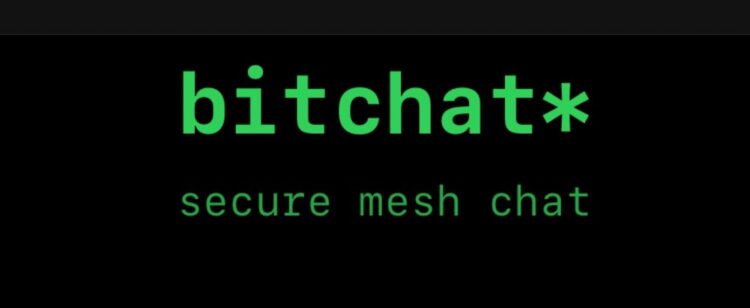Jack Dorsey has unveiled Bitchat, a decentralised peer-to-peer messaging app which relies on Bluetooth networks. What makes the app stand out – other than a name that can be read more than one way – is that unlike the typical modern messaging platform, Bitchat does not require an Internet connection, phone numbers, or emails.
Bitchat leverages Bluetooth mesh networks to enable encrypted communication between devices, in which each device acts as both a client and server. Essentially, messages are directly sent from one device to another, with every device widening the network to allow the messages to “hop” to distant receivers. Because of the technology used, the app does not need WiFi or a cellular connection and can be used even when these connections are restricted.
According to Dorsey, messages are stored on the device only, will disappear by default, and do not connect to any centralised infrastructure. Additionally, the app implements several mechanisms for enhanced privacy, such as cover traffic, timing randomisation, and ephemeral identities.
Bitchat also supports group chats which can be named with hashtags. These group chats can be password-protected, allowing for more security. Moreover, messages can be forwarded to users who are temporarily offline.

In an X post announcing the app, Dorsey described it as a weekend project for learning about Bluetooth mesh networks, relays and store and forward models, message encryption models, among other things. It is worth noting that similar apps have existed prior to the creation of Bitchat, and this type of technology has been used to enable communication during the Hong Kong 2019 protests.
Dorsey plans to add WiFi Direct support to the app in the future to allow for faster network speeds across a wider range. Bitchat has been made available as a beta through TestFlight, but the test is currently filled up.
(Source: Jack Dorsey via Engadget)


